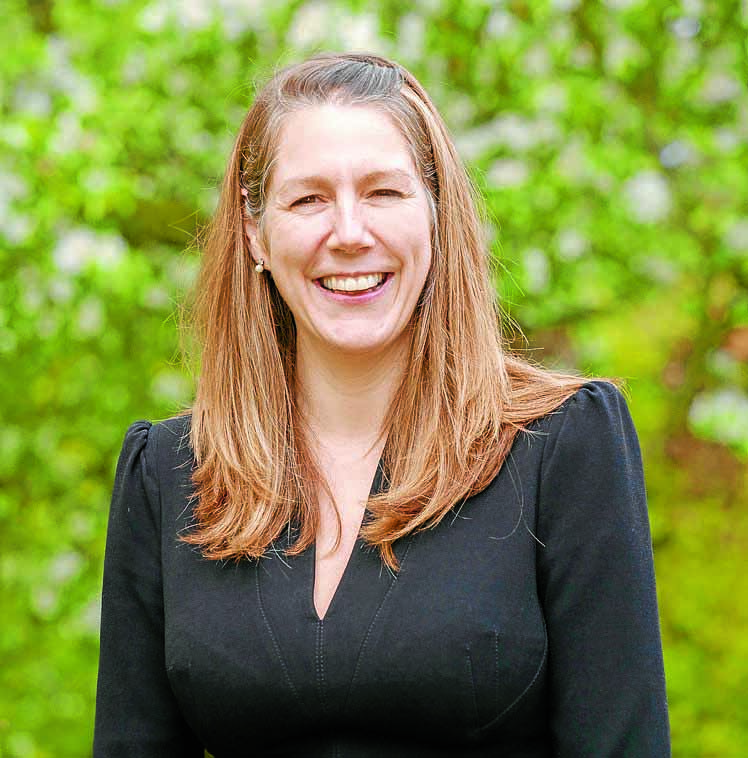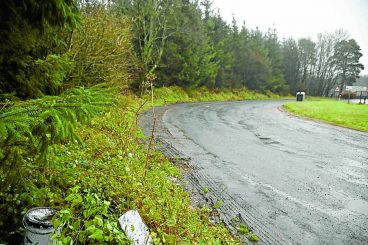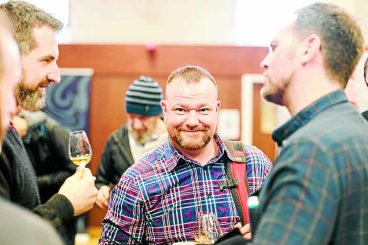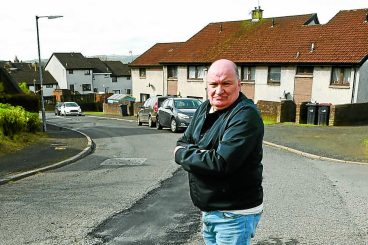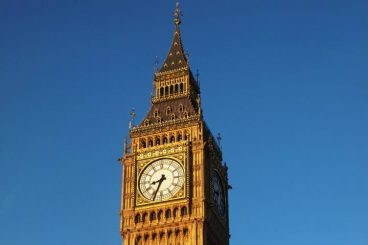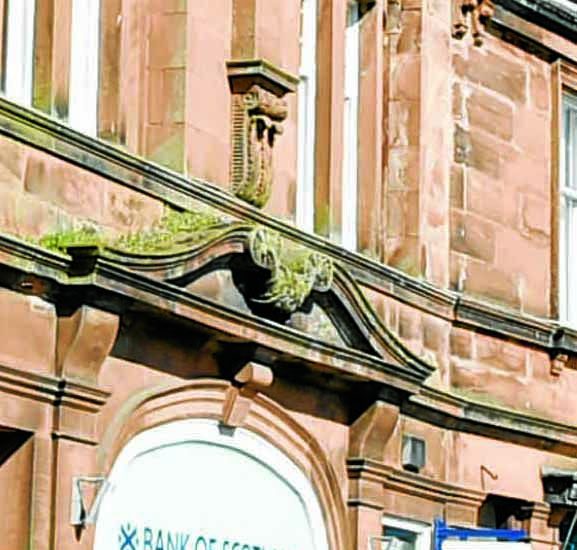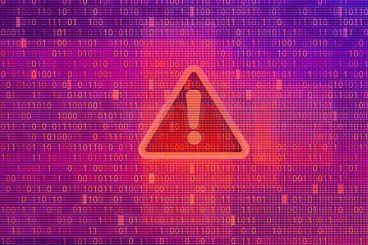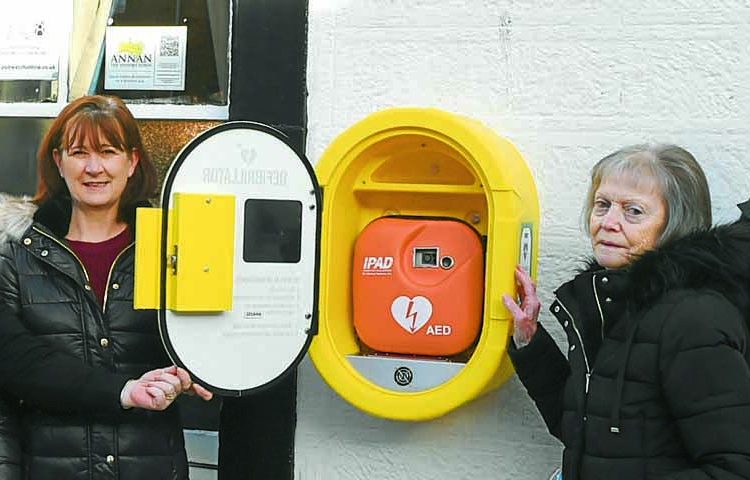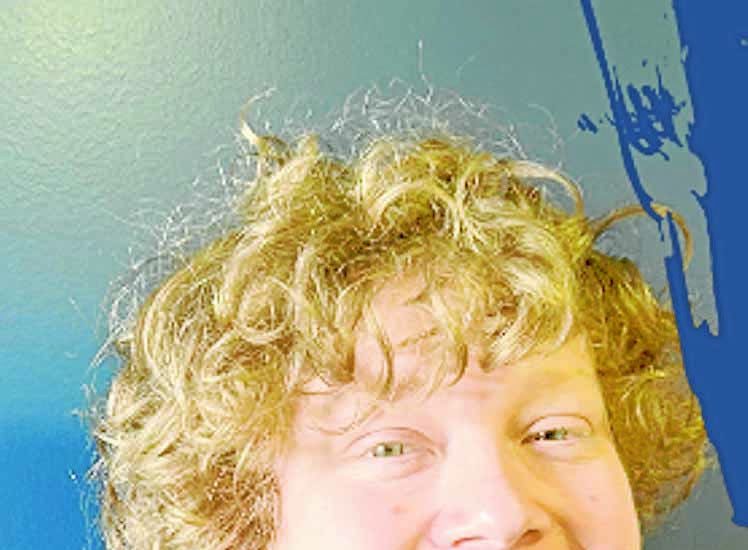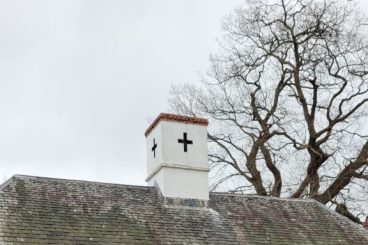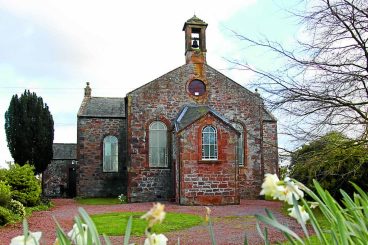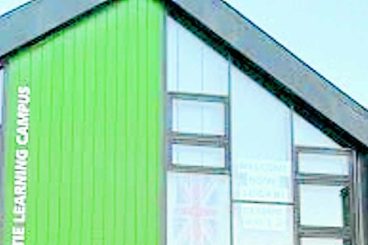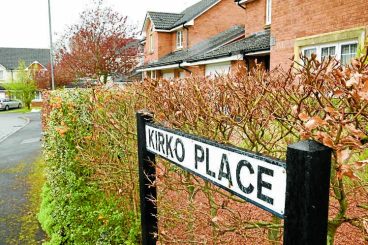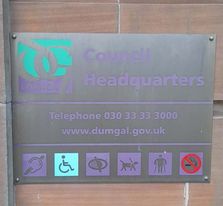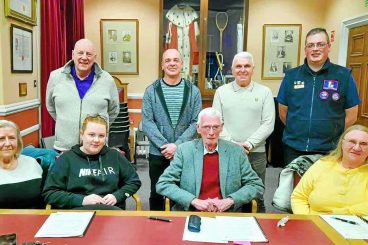Paula Ward is VisitScotland’s regional leadership director and this week discussed the difficulties facing businesses and individuals. She said: “There is no doubt that the tourism and events industry has been completely devastated by the coronavirus pandemic. It has impacted on both short term and long-term bookings, jobs, people’s wellbeing and future investment.
“What compounds the situation for everyone is that we do not know how long this unprecedented situation will last.”
However, she is confident the time will come when visitors can be welcomed back to the region ‘with open arms’ and she added: “What we do know is that the tourism and events industry is a resilient one, as we saw after foot and mouth and 9/11, but this is far more severe and we are working and will continue to work closely with the industry once we move into recovery mode.
“At VisitScotland, we’re working on a plan to stimulate recovery which will be implemented as soon as things improve, and restrictions are lifted across the entire country.”
And she is delighted to see many attractions going online to offer virtual experiences and tours, including the Station House Cookery School in Kirkcudbright, Wigtown Book Festival and the Devil’s Porridge Museum. Paula added: “There are also many stories of local tourism businesses stepping in to help support the efforts to keep our communities safe – gin distilleries creating hand sanitiser, hotels and food outlets creating care packages and offering food for NHS staff – it is heartening to see these businesses step up during this period of uncertainty.”
Since March VisitScotland have been proactively tracking the effects of coronavirus on the industry to work with the Scottish Government and others to manage what’s happening. She said: “A single-joined up phased plan has been developed to help respond to the current issues, as well as look at how the industry could effectively recover once the lockdown is eased. “It’s expected that the recovery will take some time and many businesses will require significant support to restart their operations.”
Work is also being done to overcome funding issues and Paula said: “What I do know is that rural accommodation providers will be absolutely essential to the rebuilding of the visitor economy and we know that a number of these businesses are failing to meet the criteria to access business interruption grants and loans.
“The banks will play a vital role in this and we urge those banks who have business customers in rural areas to dig deep into the issues and genuinely understand the operational performance of this sector. Now is not a time for business as usual but for true partnership working across the industry, agencies and government.”





